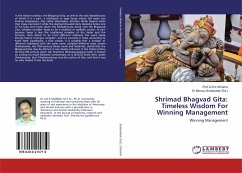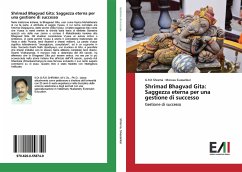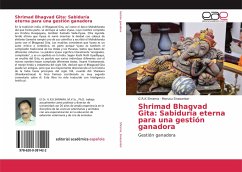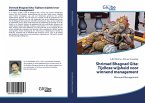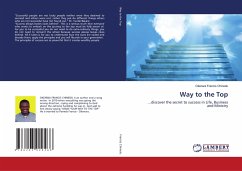In the Indian tradition, the Bhagavad Gita, as well as the epic Mahabharata of which it is a part, is attributed to sage Vyasa, whose full name was Krishna Dvaipayana, also called Veda-Vyasa. Another Hindu legend states that Vyasa narrated it while the elephant-headed deity Ganesha broke one of his tusks and wrote down the Mahabharata along with the Bhagavad Gita. Scholars consider Vyasa to be a mythical or symbolic author, in part because Vyasa is also the traditional compiler of the Vedas and the Puranas, texts dated to be from different millennia. The word Vyasa literally means "arranger, compiler", and is a surname in India. According to Kashi Nath Upadhyaya, a Gita scholar, it is possible that a number of different individuals with the same name compiled different texts. Swami Vivekananda, the 19th-century Hindu monk and Vedantist, stated that the Bhagavad Gita may be old but it was mostly unknown in the Indian history till early 8th-century when Adi Shankara (Shankaracharya) made it famous by writing his much-followed commentary on it.[31][32] Some infer, states Vivekananda, that "Shankaracharya was the author of Gita, and that it was he who foisted it into the body.
Bitte wählen Sie Ihr Anliegen aus.
Rechnungen
Retourenschein anfordern
Bestellstatus
Storno

